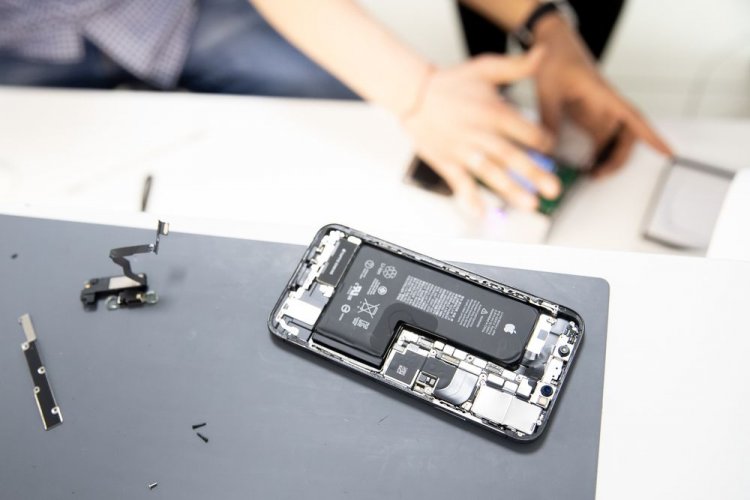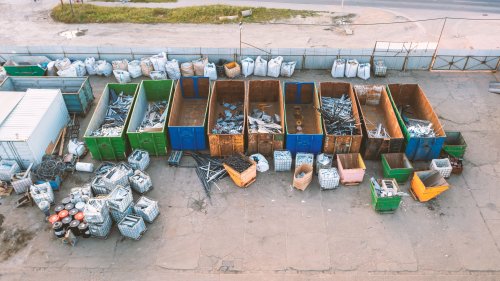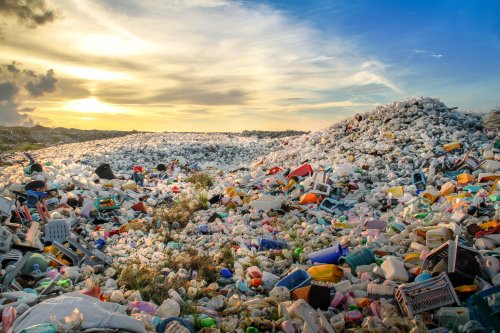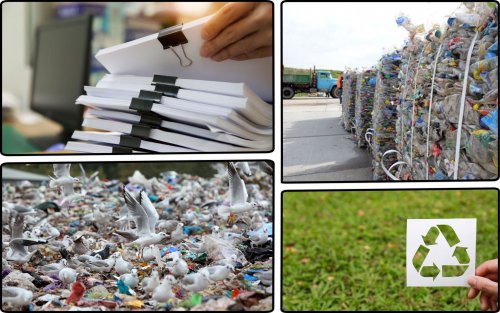The Ministry of Environmental Protection and Natural Resources has finalized the draft law "On Electrical and Electronic Equipment and Waste Electrical and Electronic Equipment" and announced the start of its discussion.
The document will be one of the first three laws to introduce the Extended Producer Responsibility (EPR) system and implement the European norms of the EU acquis, the Ministry of Environment reports.
The draft law stipulates that the extended producer responsibility system will apply to:
- heat exchange equipment;
- screens;
- monitors;
- lamps;
- equipment for telecommunications and information technologies.
It is noted that the document provides for certain exceptions. Thus, the EPR will not apply to equipment used for military purposes and protection of national interests, for example, drones.
The message explained that the EPR will cover all business entities, that is, both manufacturers and sellers of electronic goods. They will be able to collect waste individually or unite in the organization of a collective waste disposal service.
The Ministry of Environment said that the draft law establishes percentages of target indicators for recycling depending on the category of waste. Companies will have to comply with these indicators, report on the volumes of collection and processing, as well as inform the public.
It is noted that the EPR system should cover the entire country. Thus, in communities with 25,000 inhabitants, one place for receiving waste electrical and electronic equipment should be established. In smaller settlements, such waste will be collected by specially equipped vehicles.
"A significant part of waste electrical and electronic equipment now ends up in the environment after extracting valuable components from them. These wastes contain mercury, lead and other dangerous substances that pollute water, soil and air, affecting human health. That is why the organization of collection and recycling of such waste is an important task of the [garbage] reform," the report says.
It is noted that EPR will help:
- to significantly reduce the entry of such waste into landfills and landfills;
- will give an impetus to increase the volumes of their processing;
- will allow to establish control and strengthen the responsibility of all business entities;
- will provide transparent and continuous funding for the collection and recycling of waste electrical and electronic equipment.
The Ministry of Ecology will accept comments and suggestions to the draft law until January 26 at pekarska.o@mepr.gov.ua or by mail: 35 Metropolitan Vasyl Lypkivsky St., Kyiv, 03035.
Earlier, EcoPolitic wrote, that on September 18, the Cabinet of Ministers registered in the Verkhovna Rada the draft law No. 10066 "On Packaging and Packaging Waste", which introduces extended producer responsibility (EPR).
Earlier, EcoPolitic analyzed the stages of development of the legislative norms necessary to overcome the garbage invasion.





